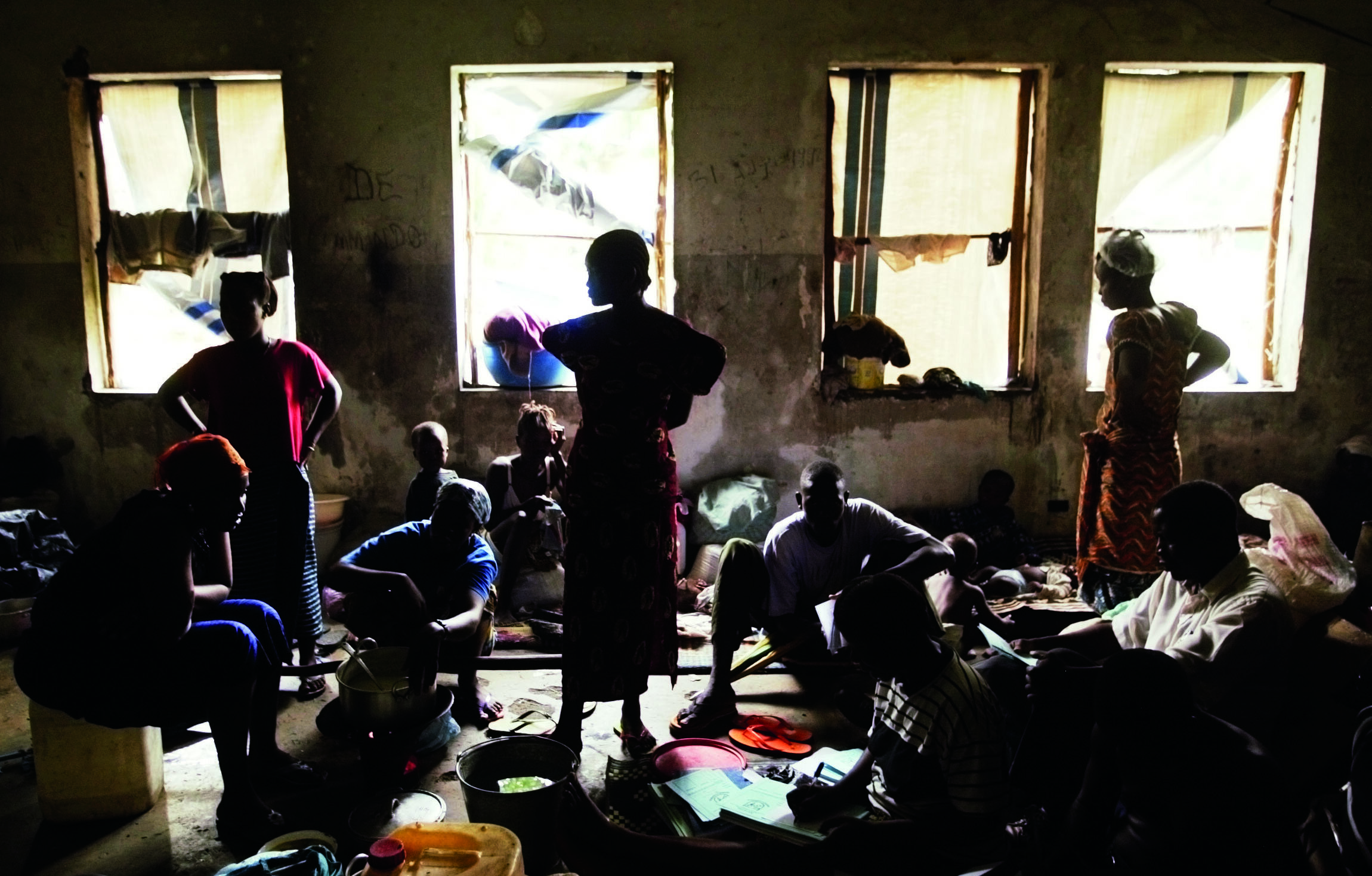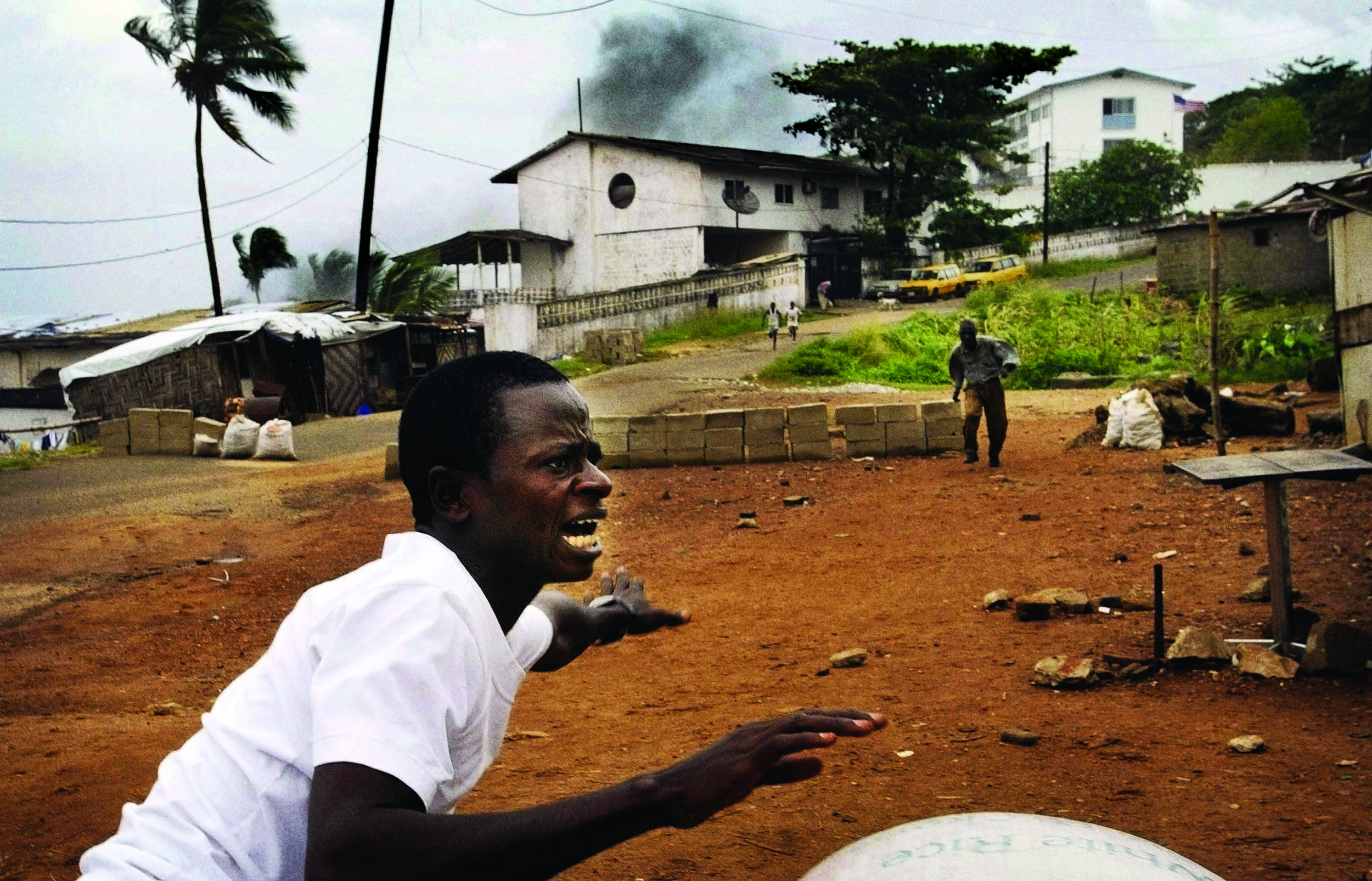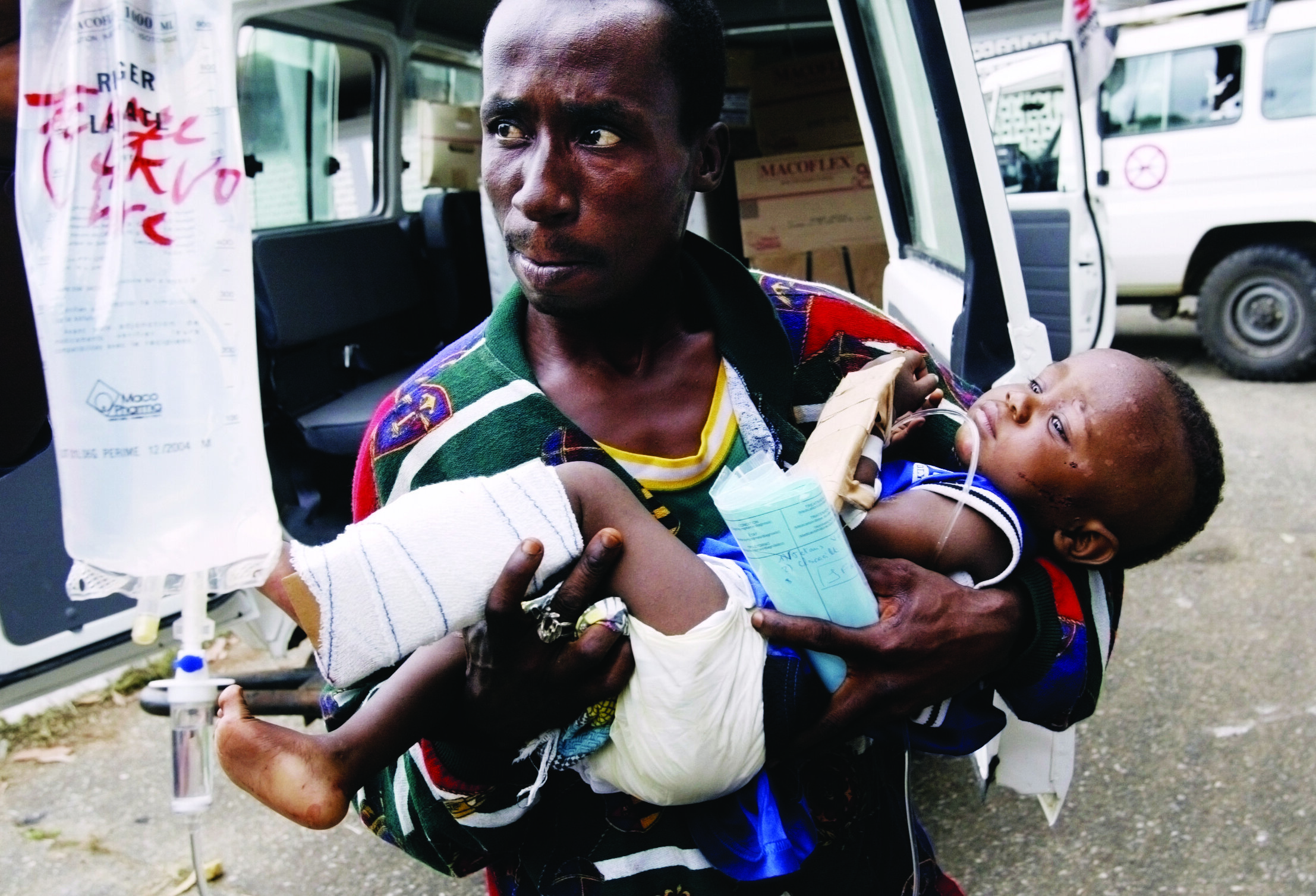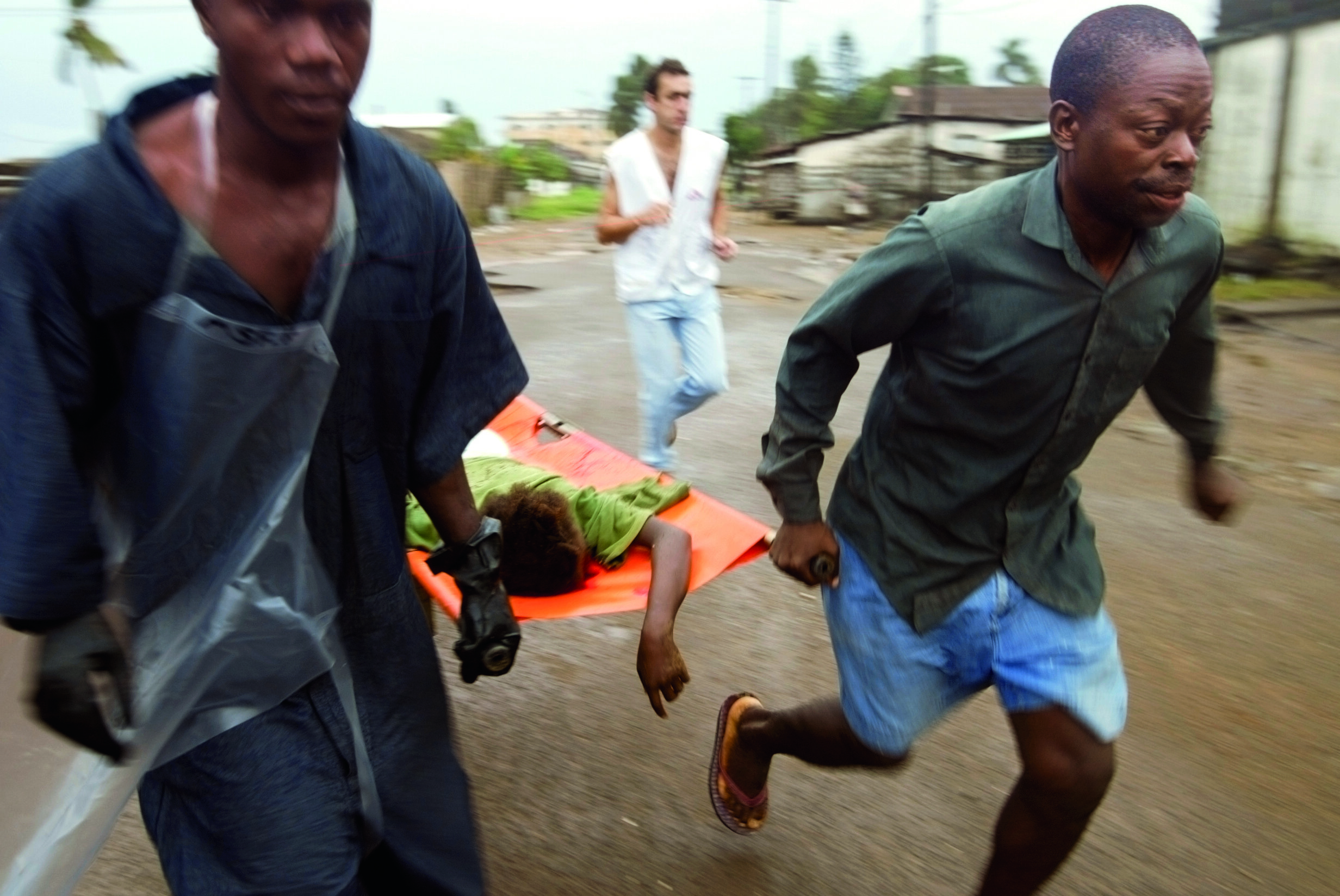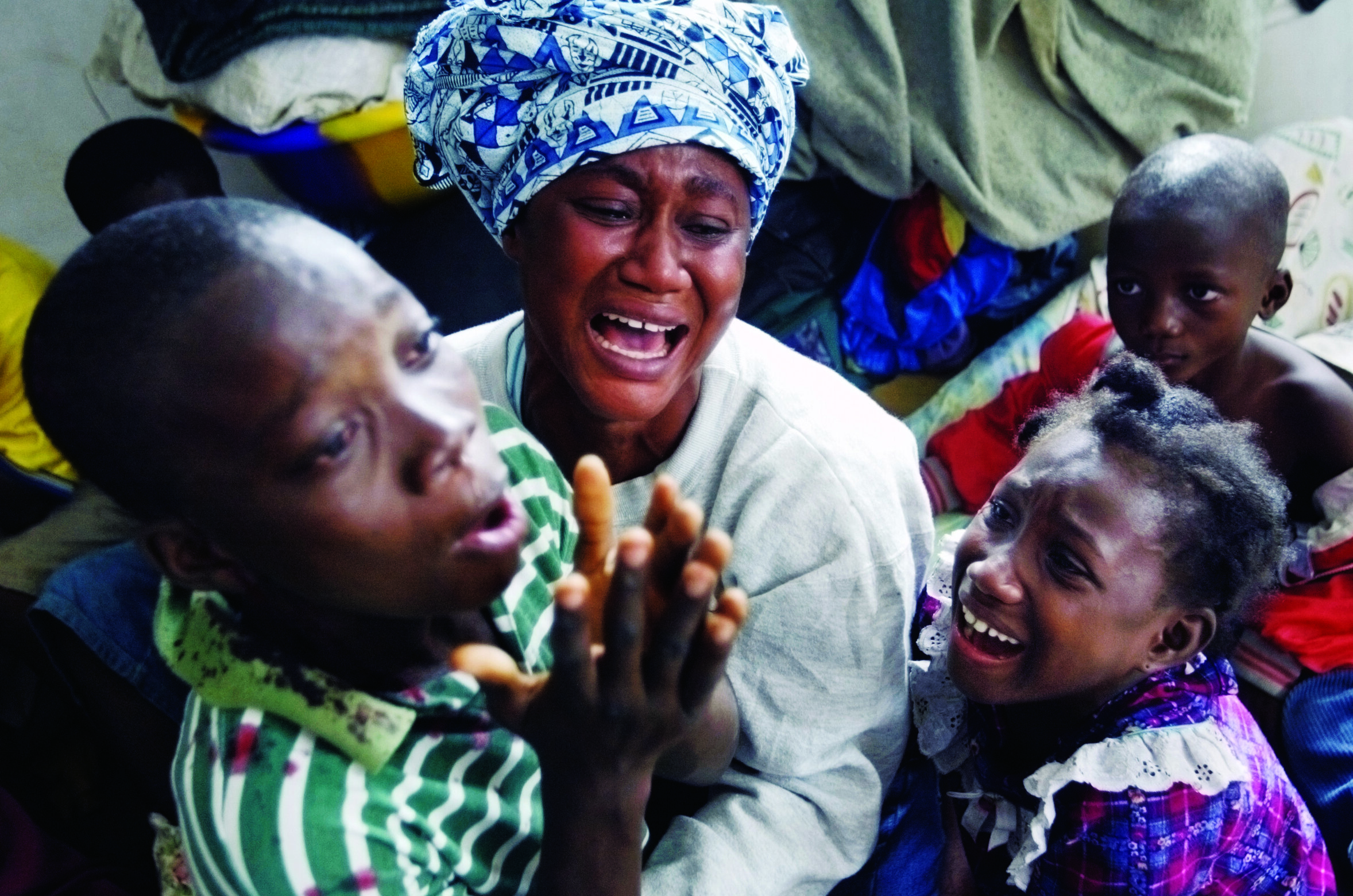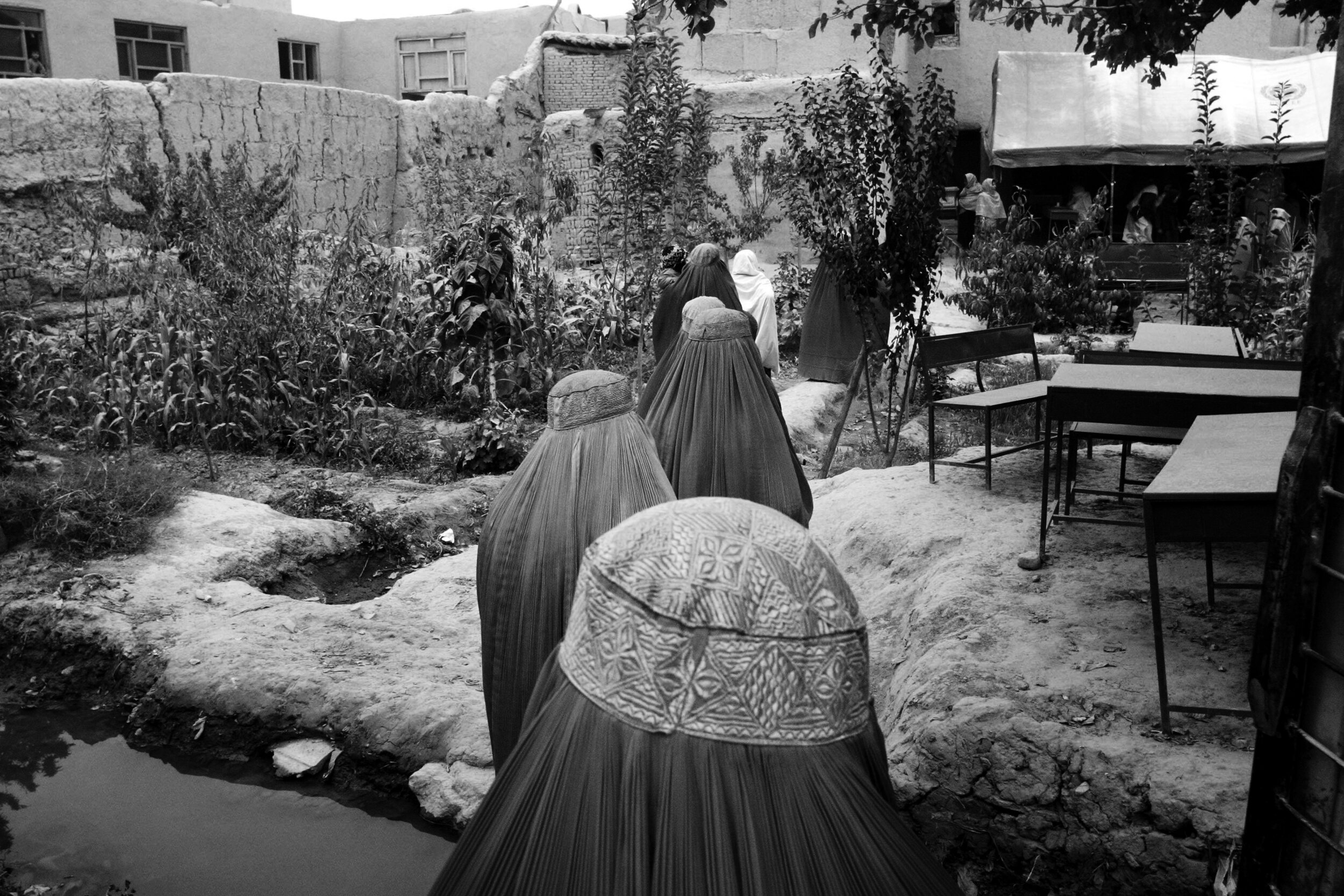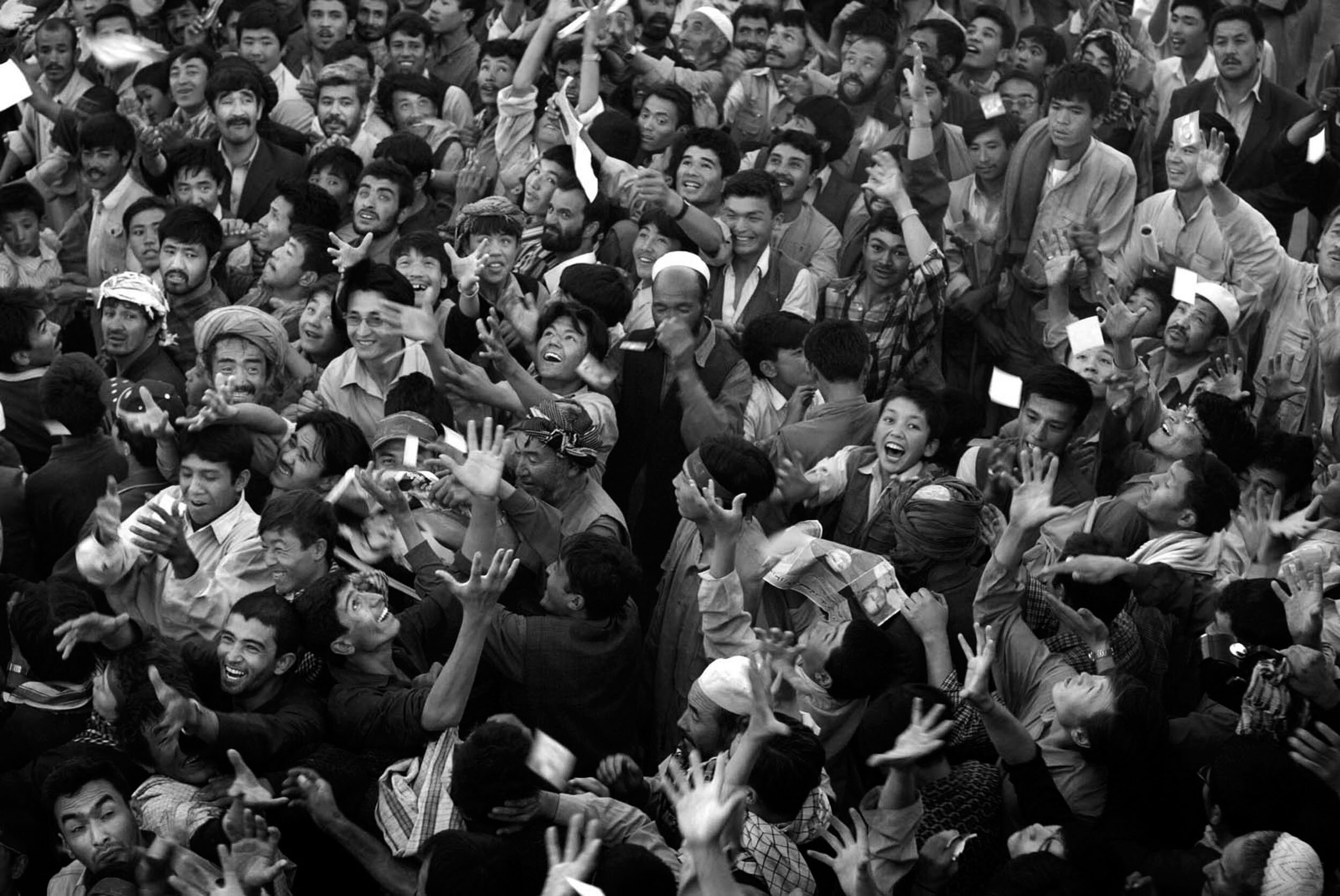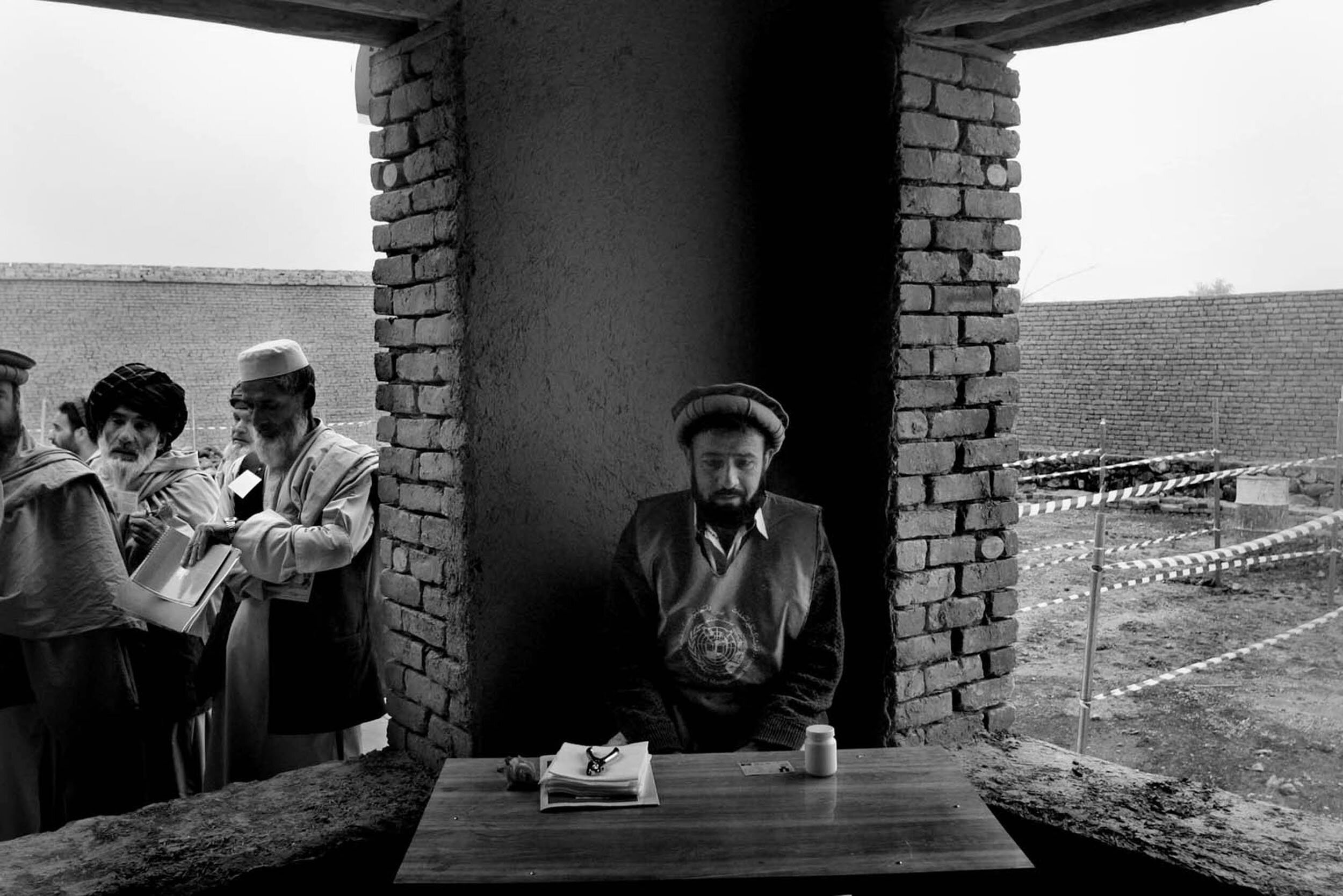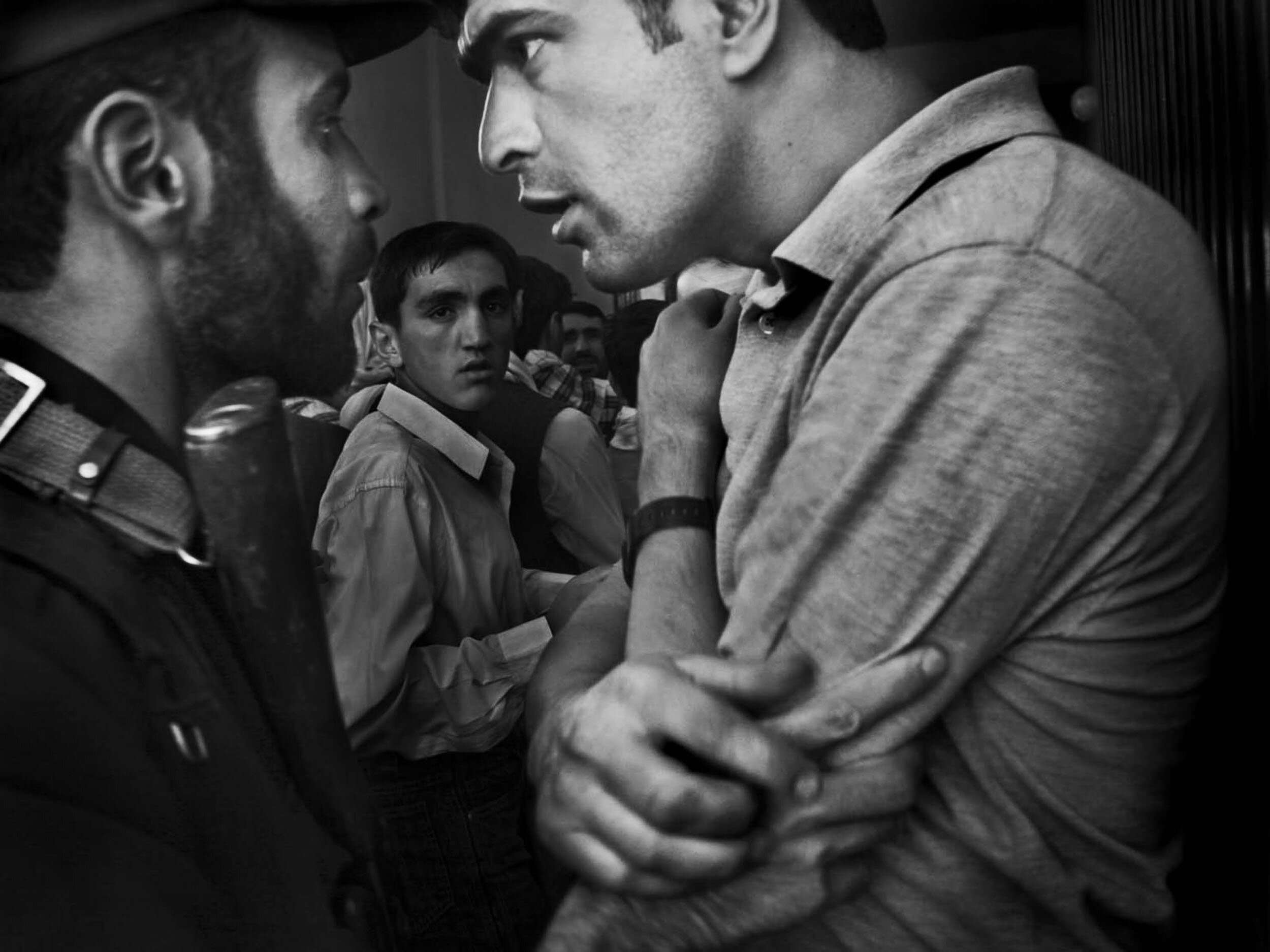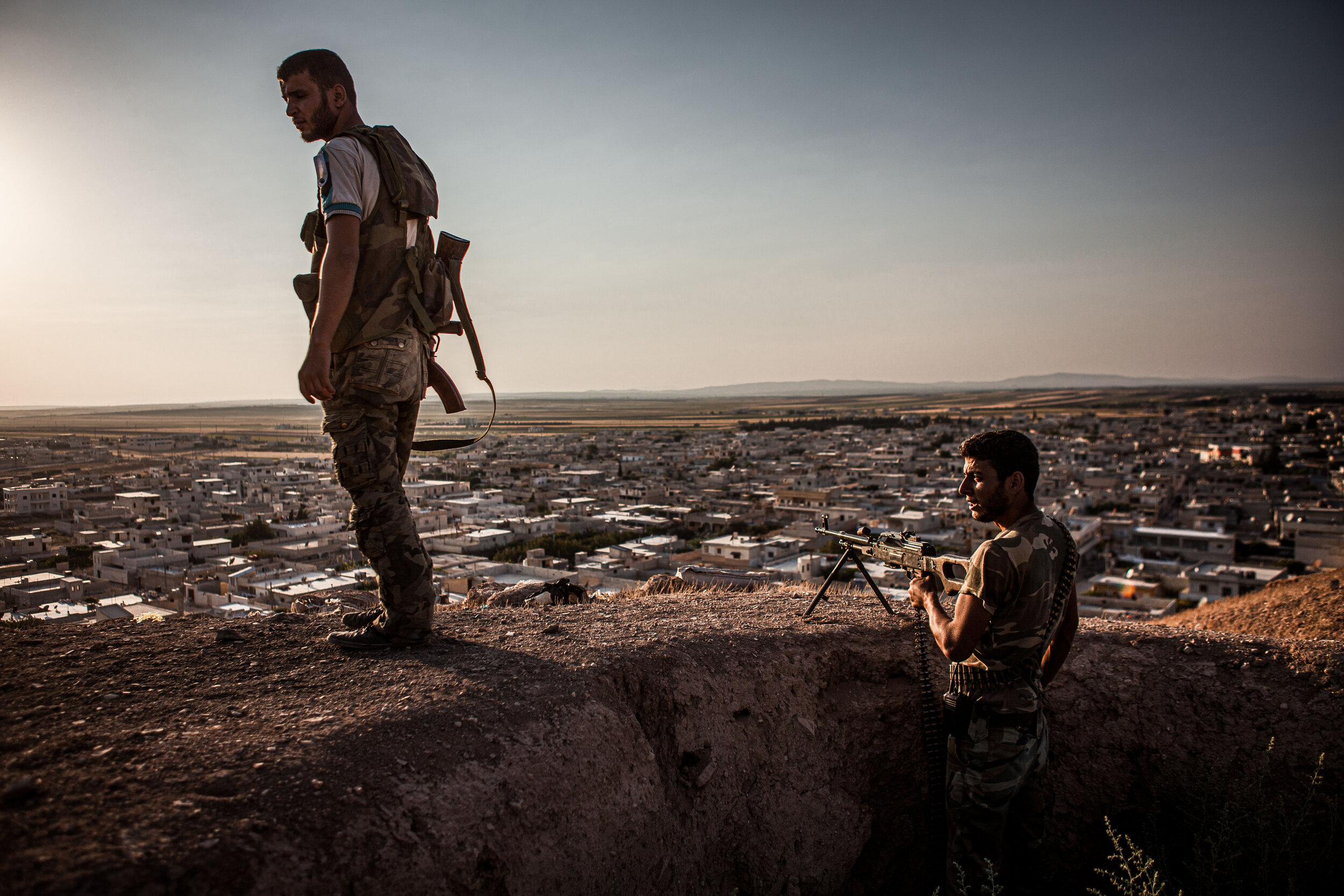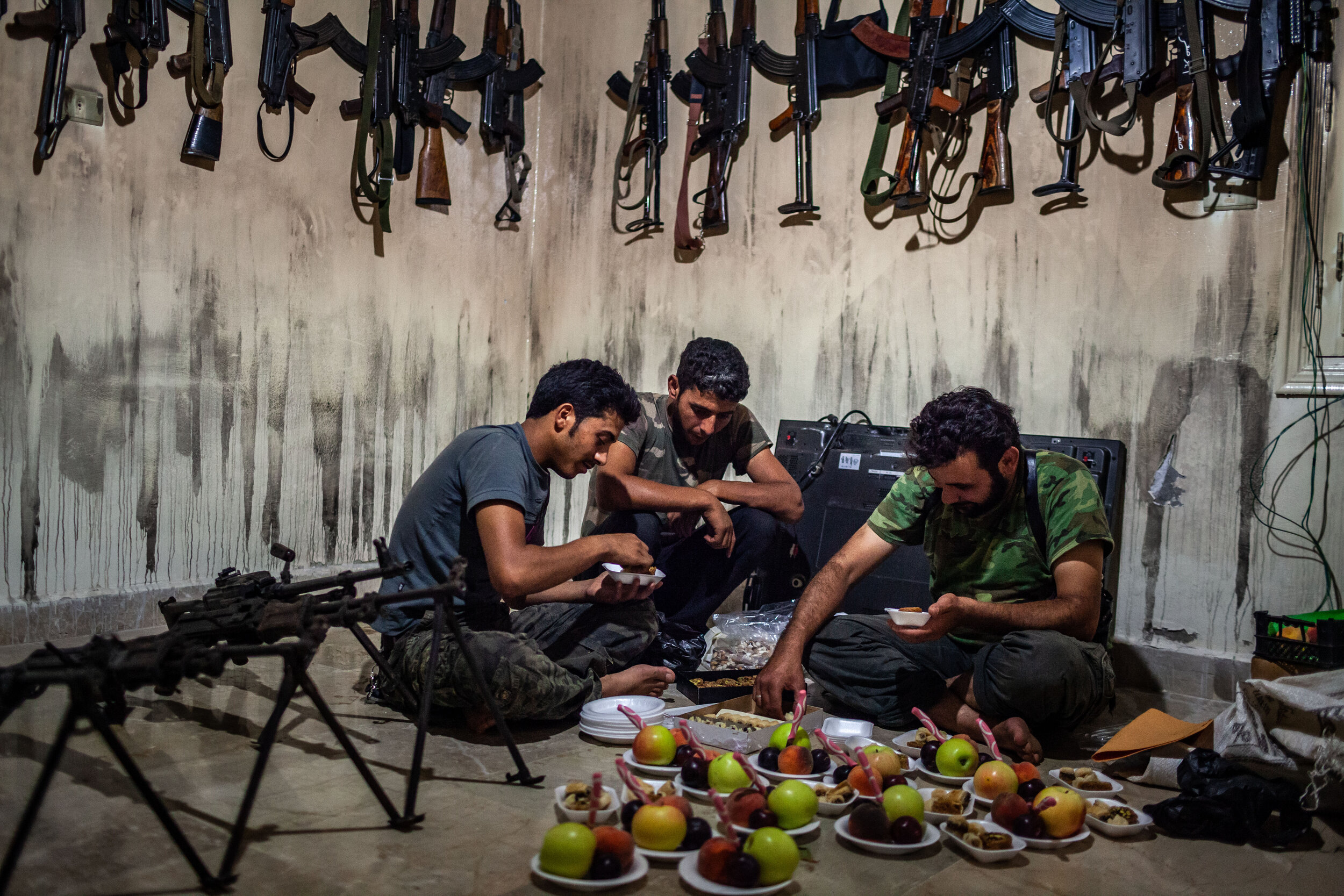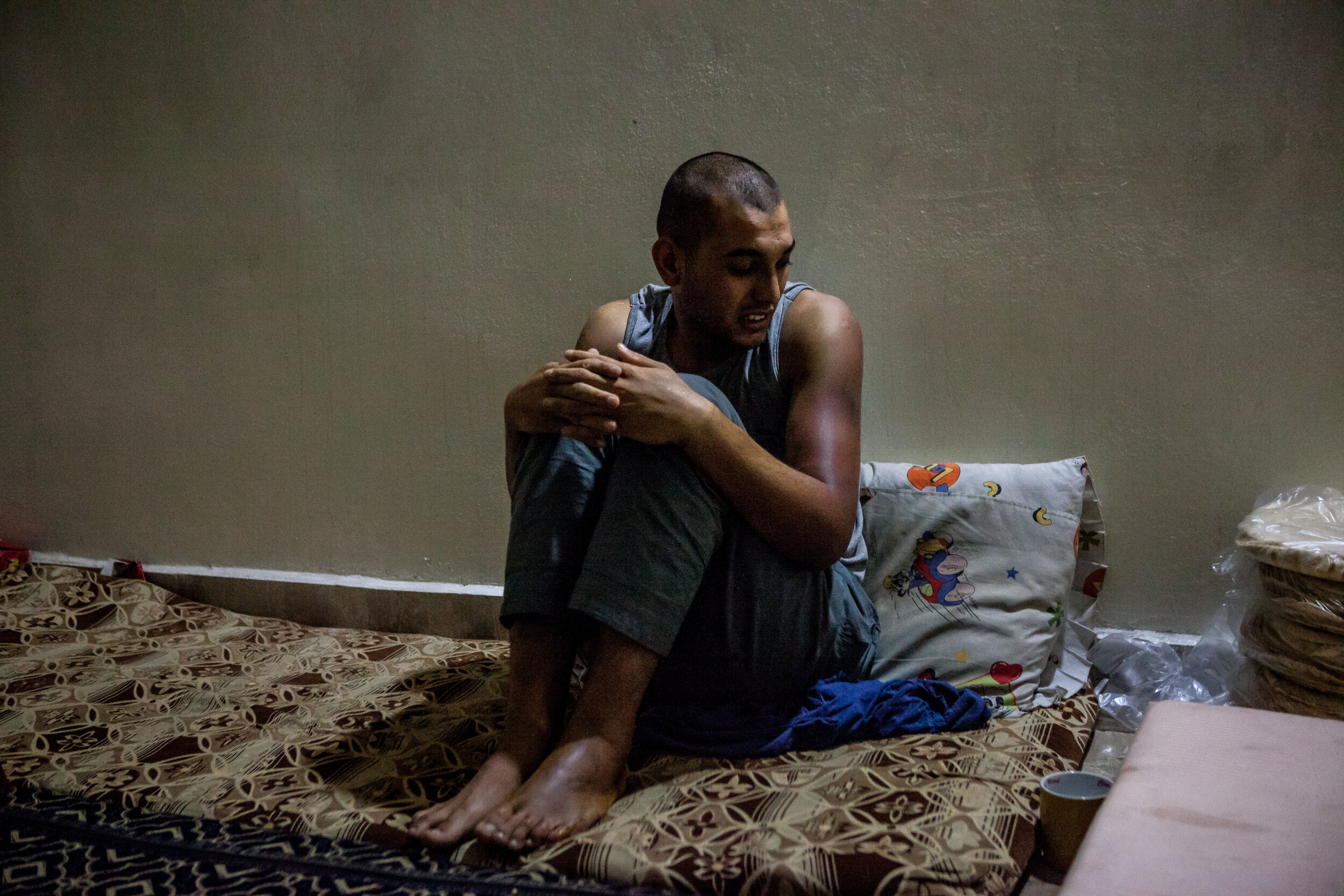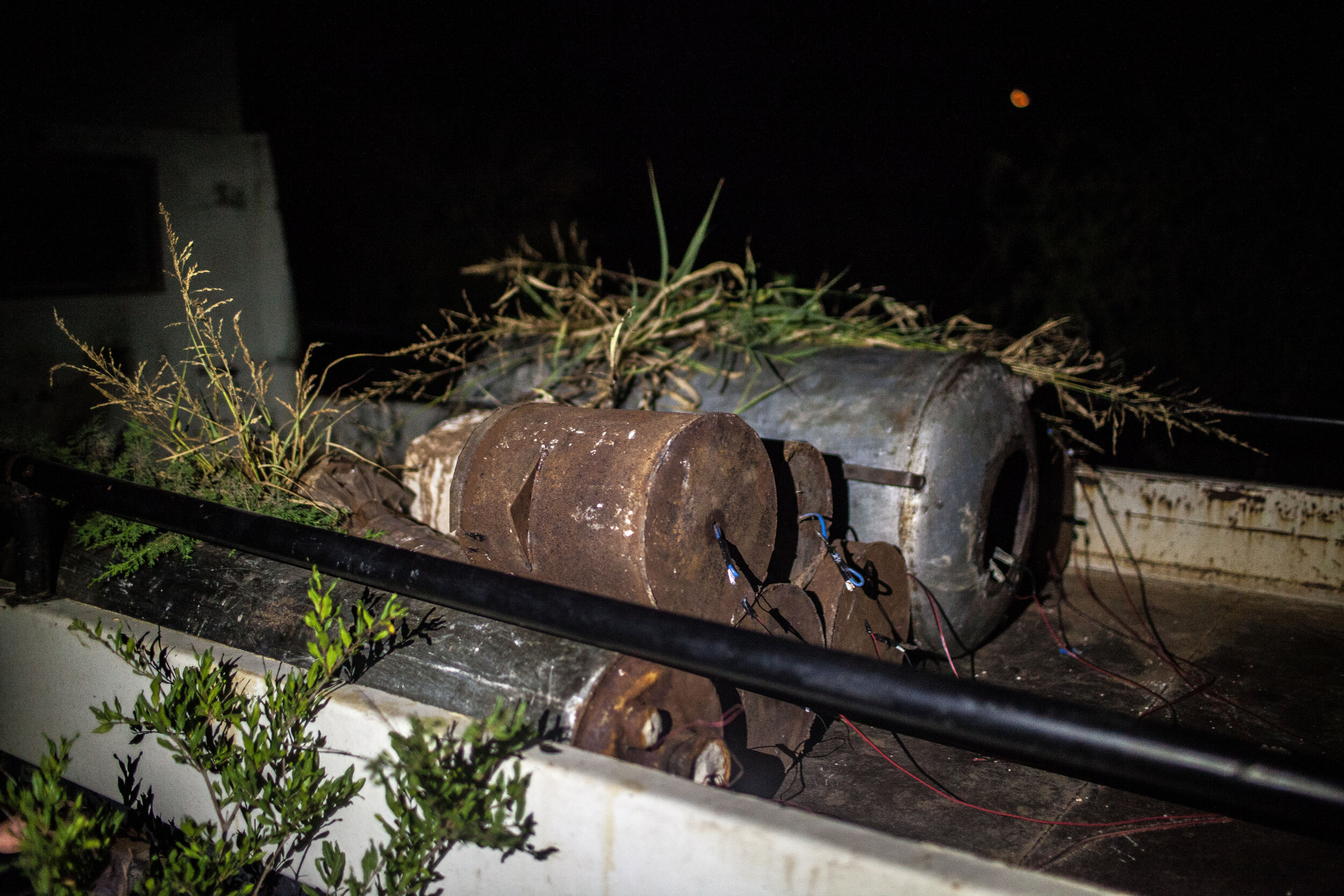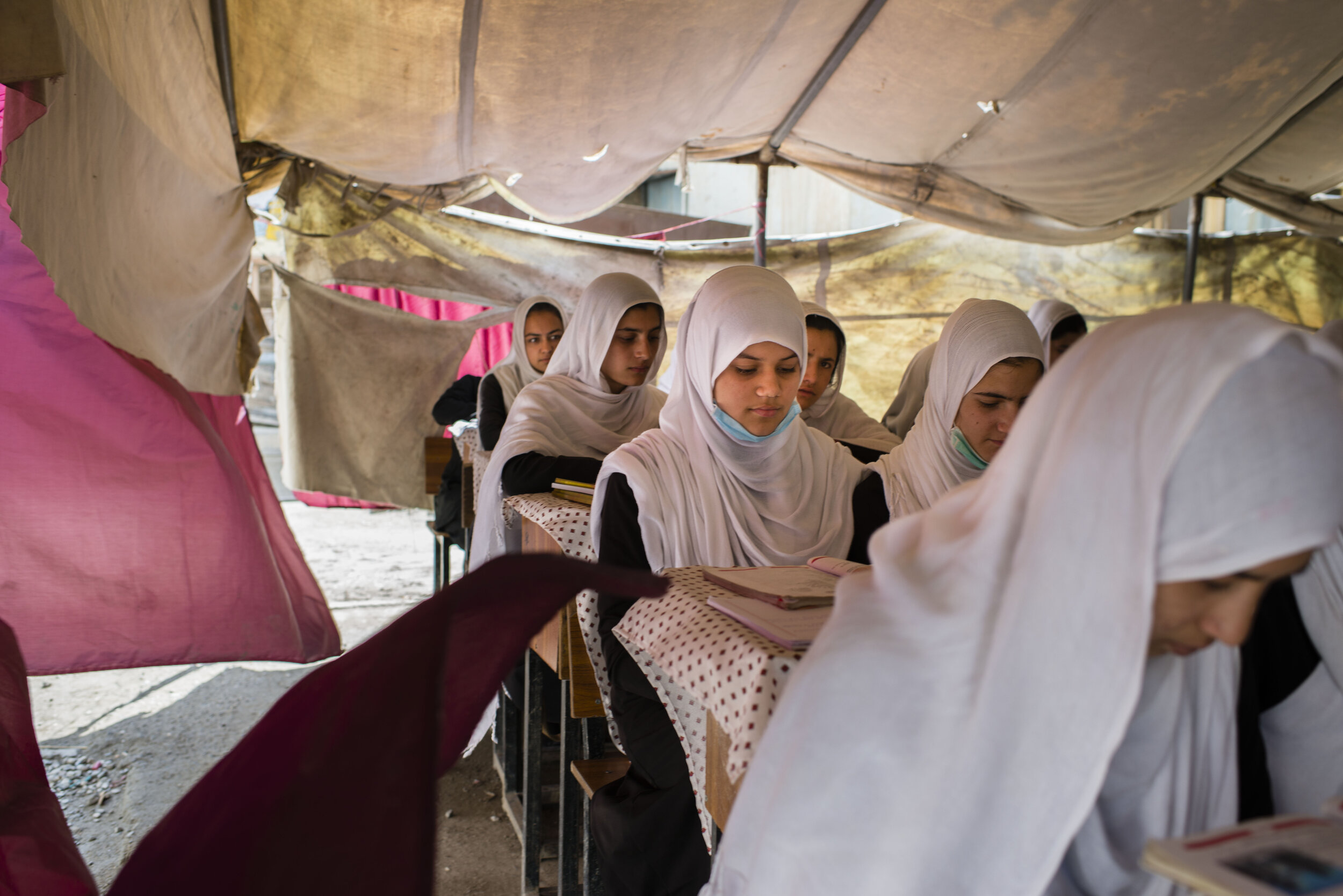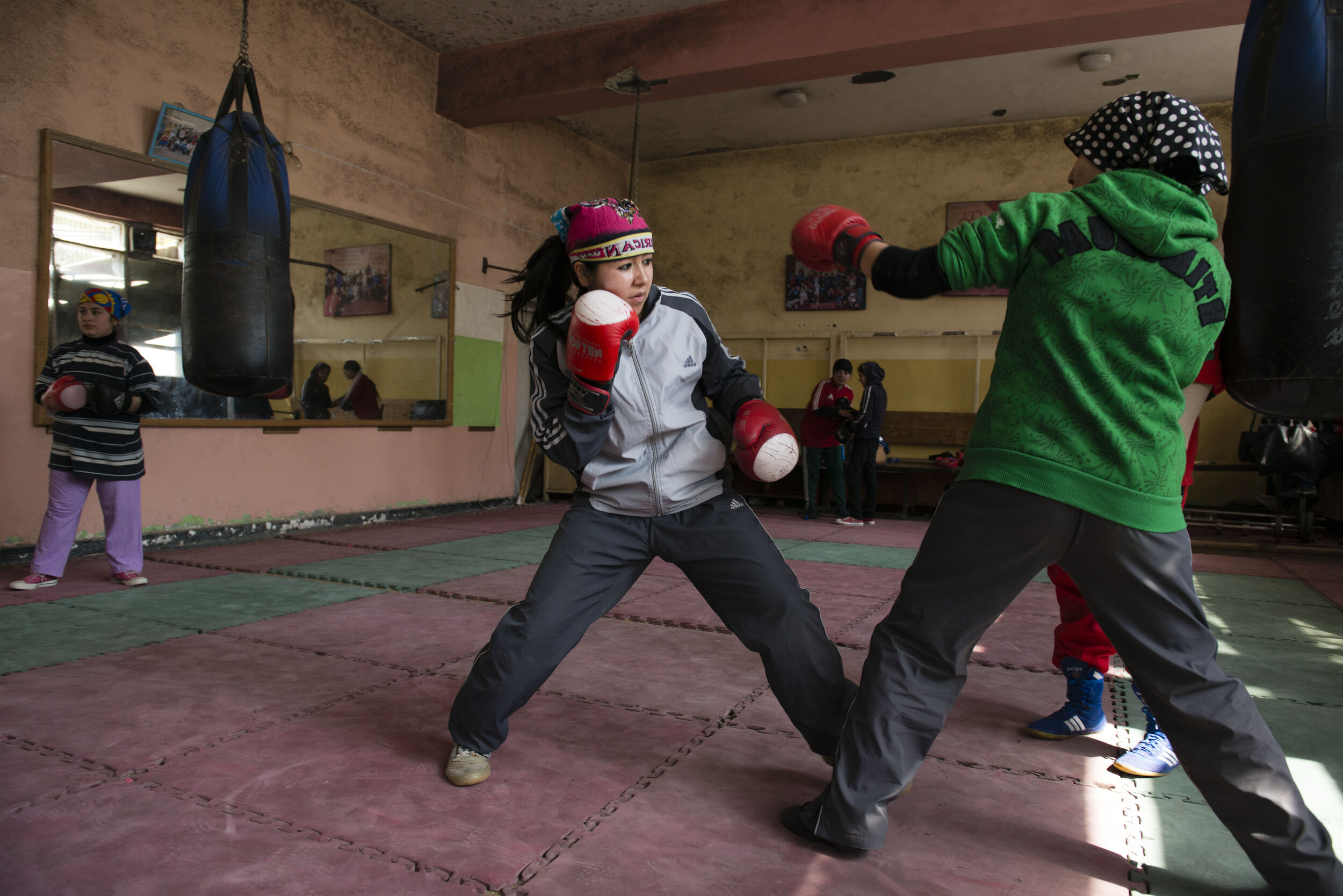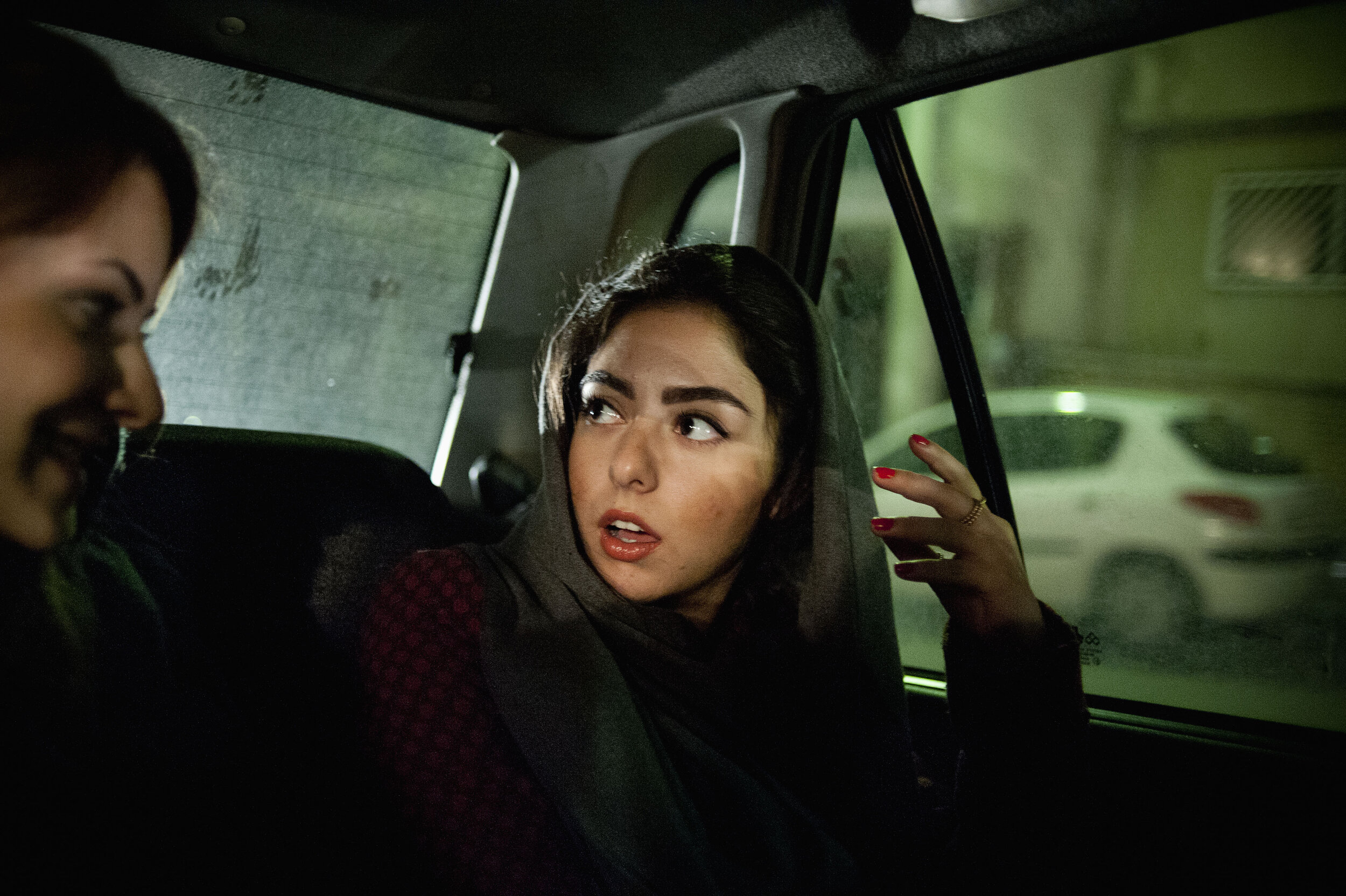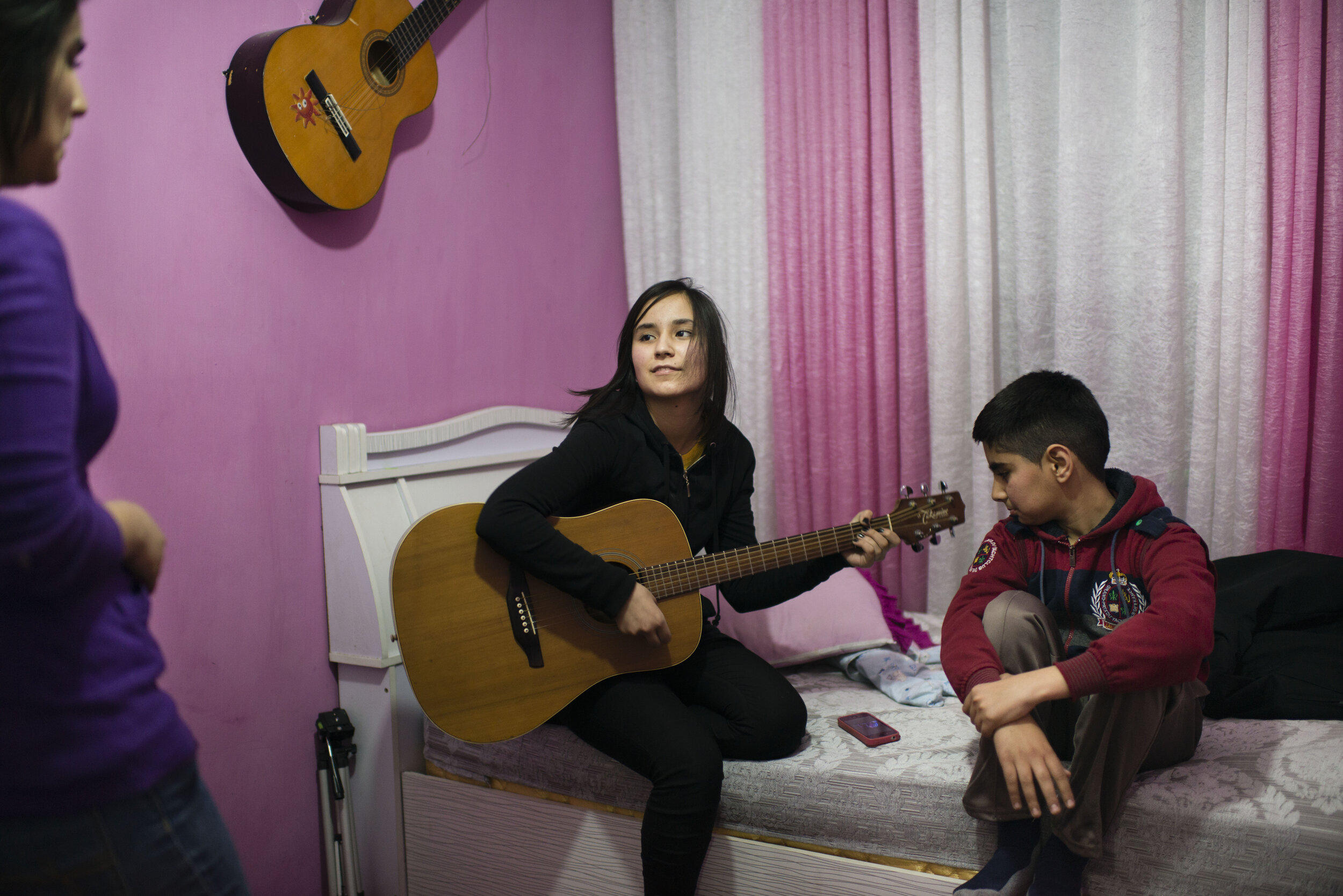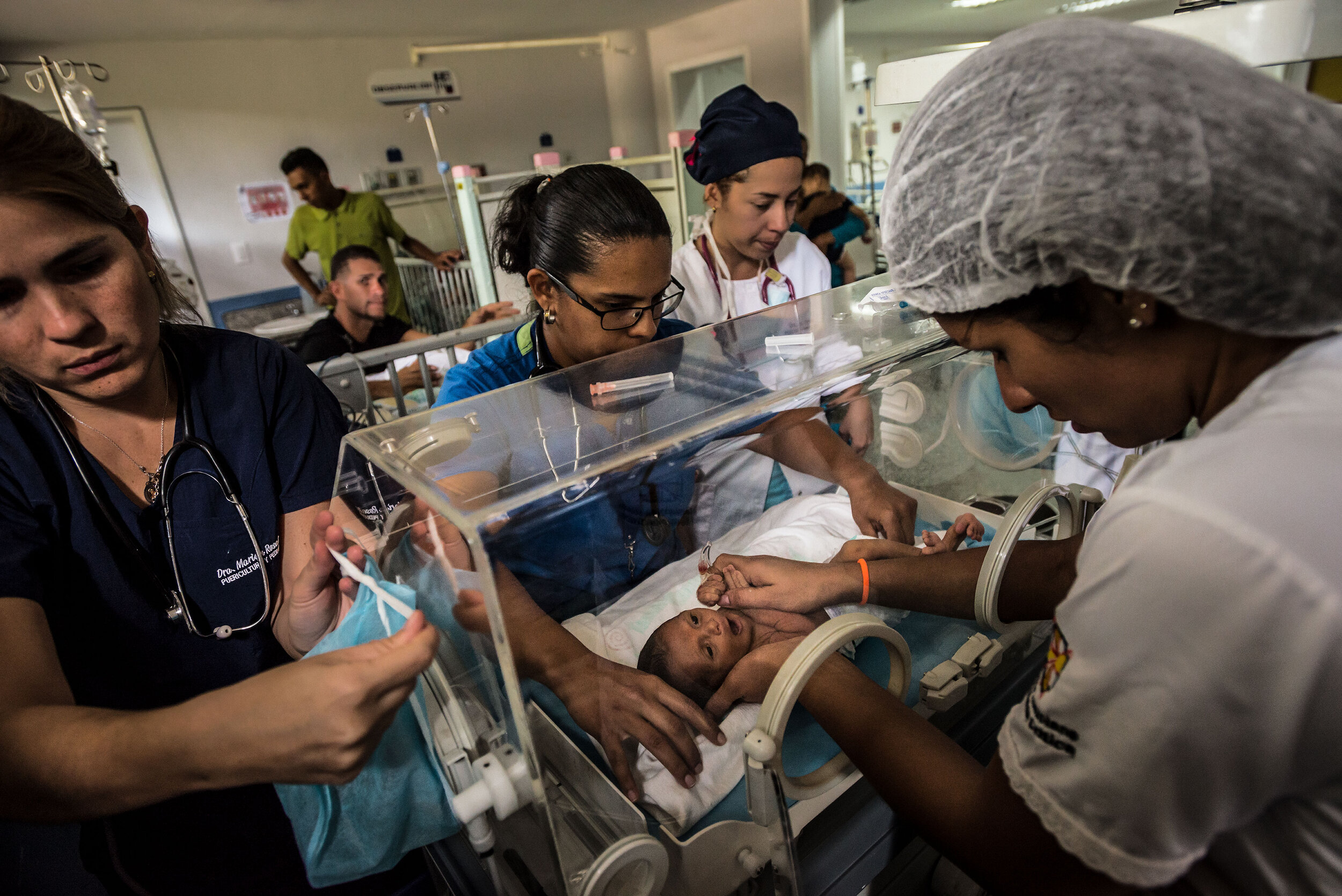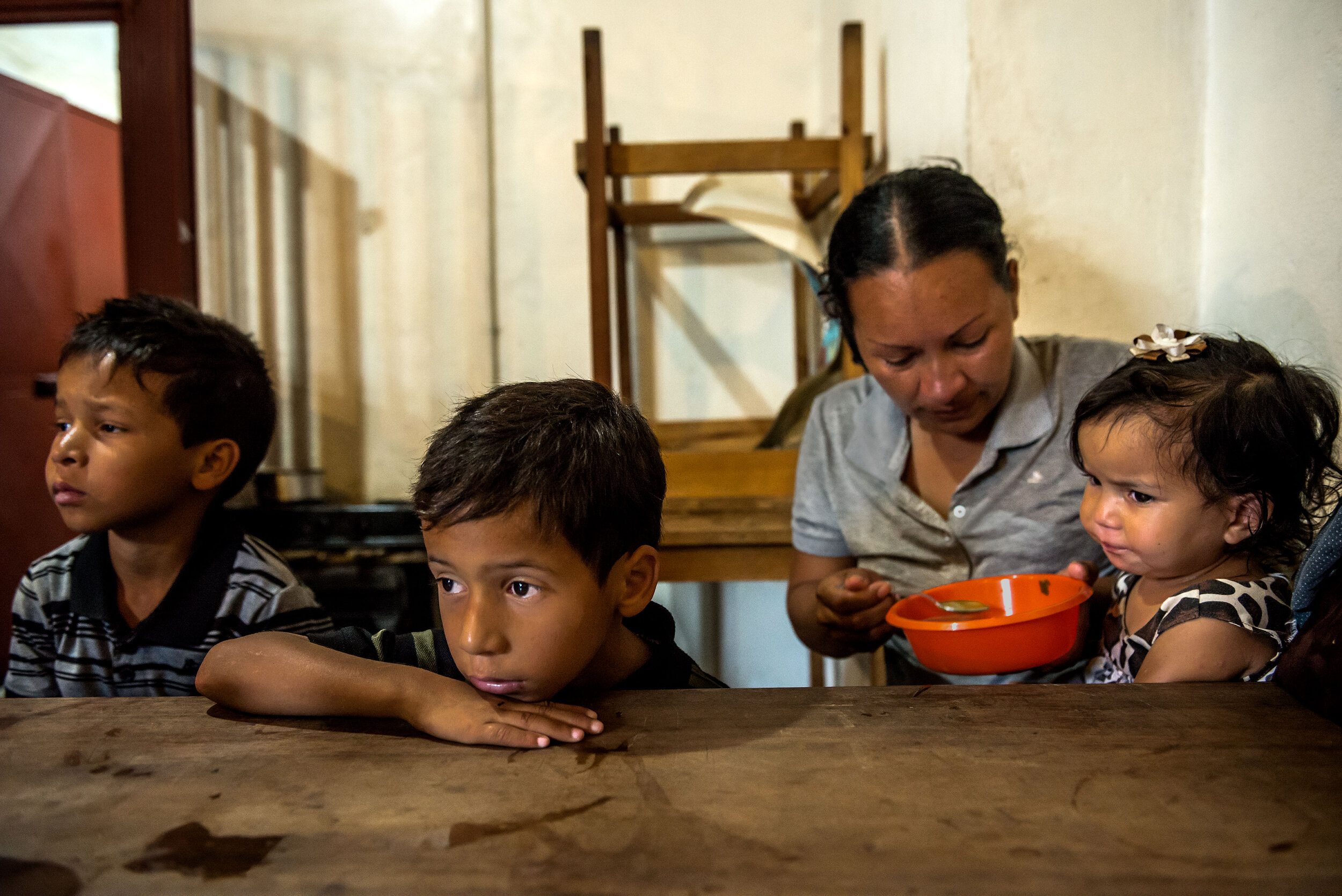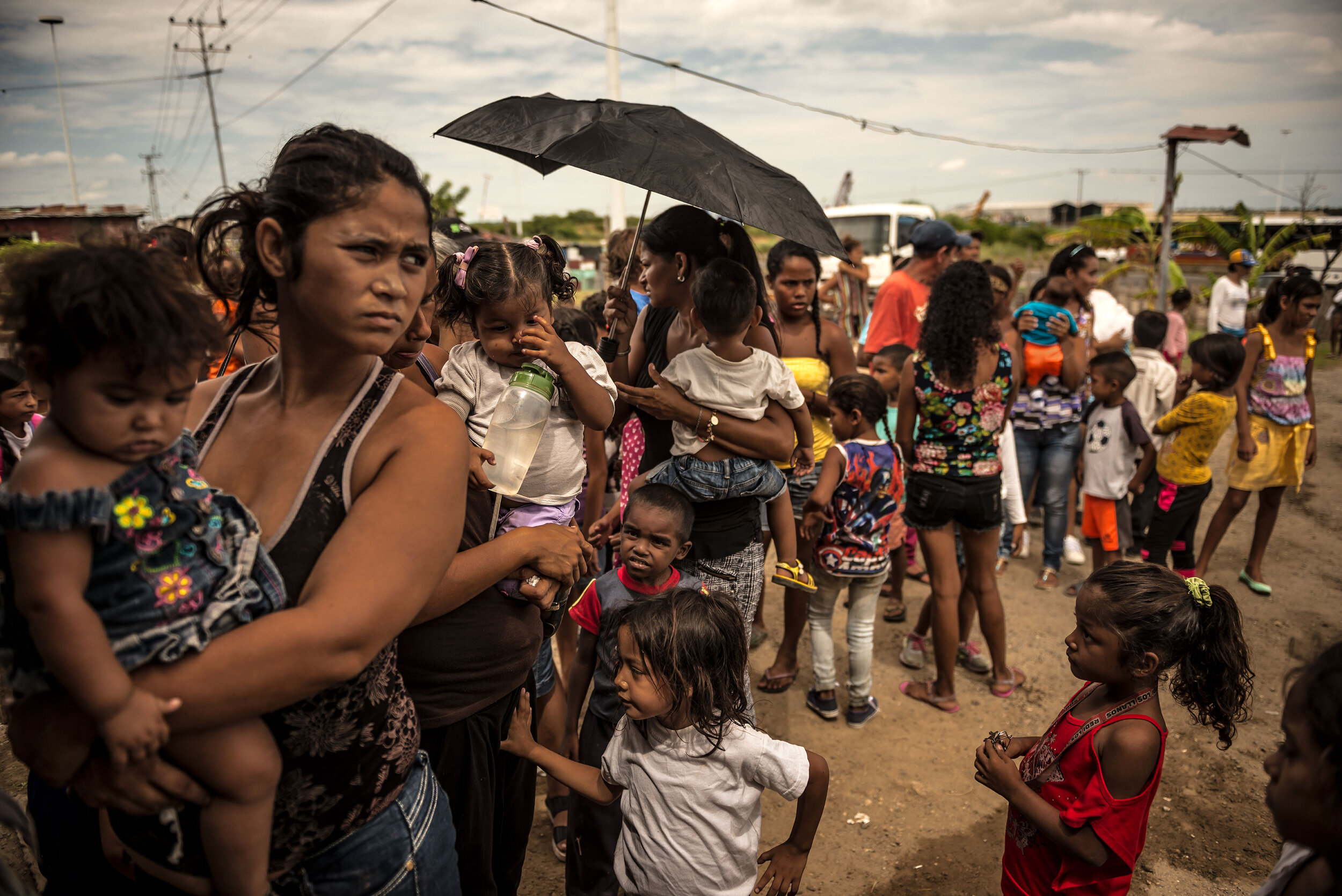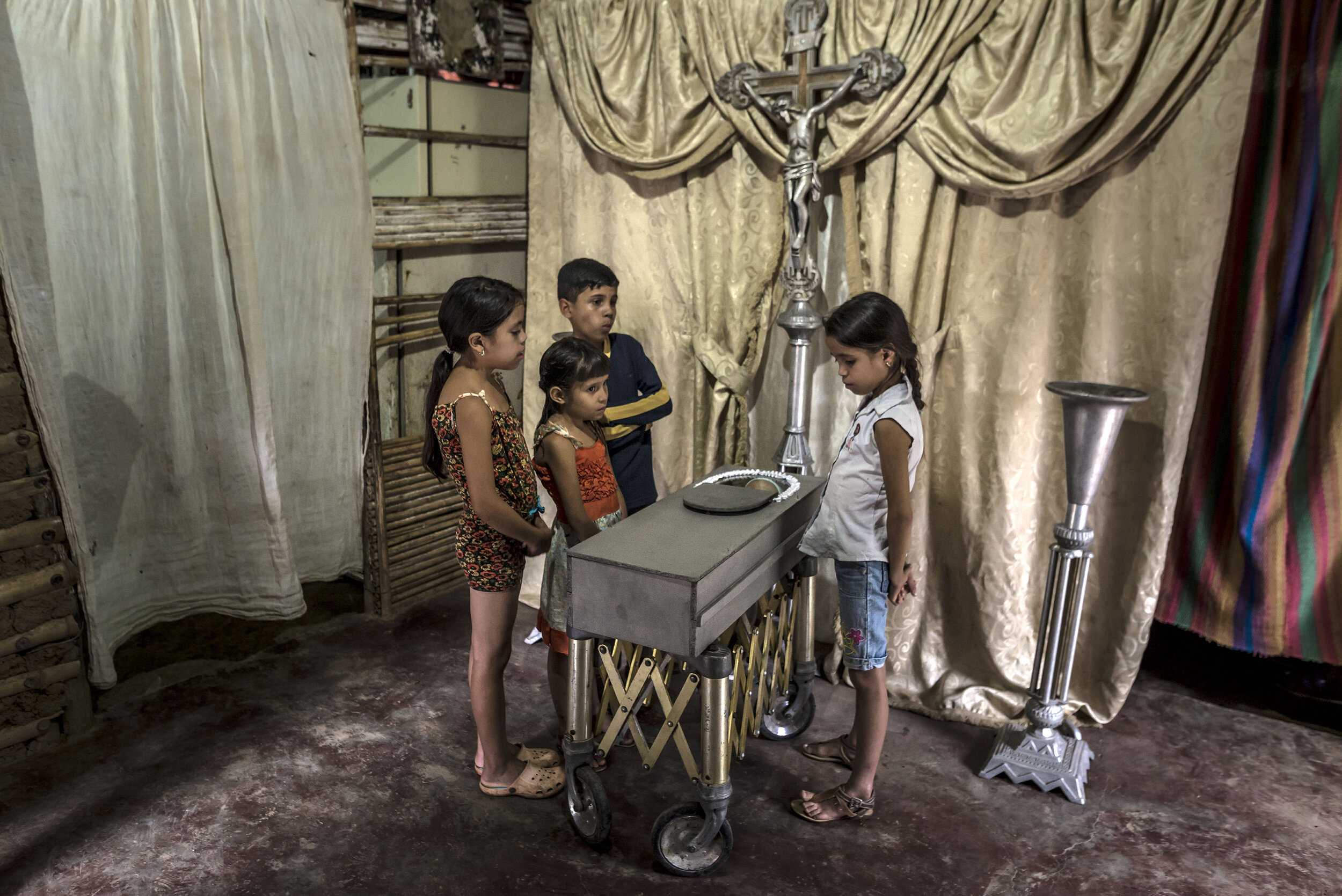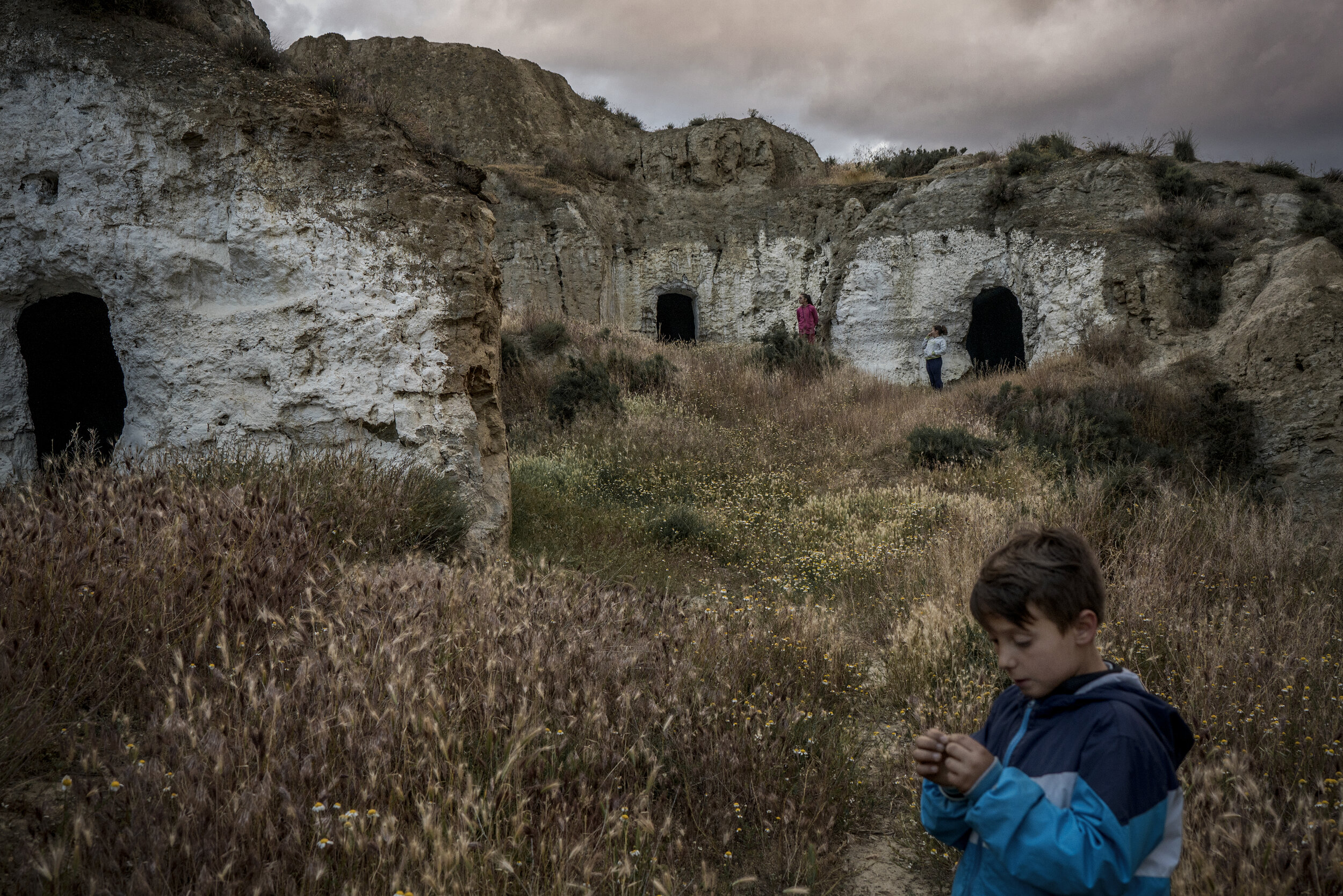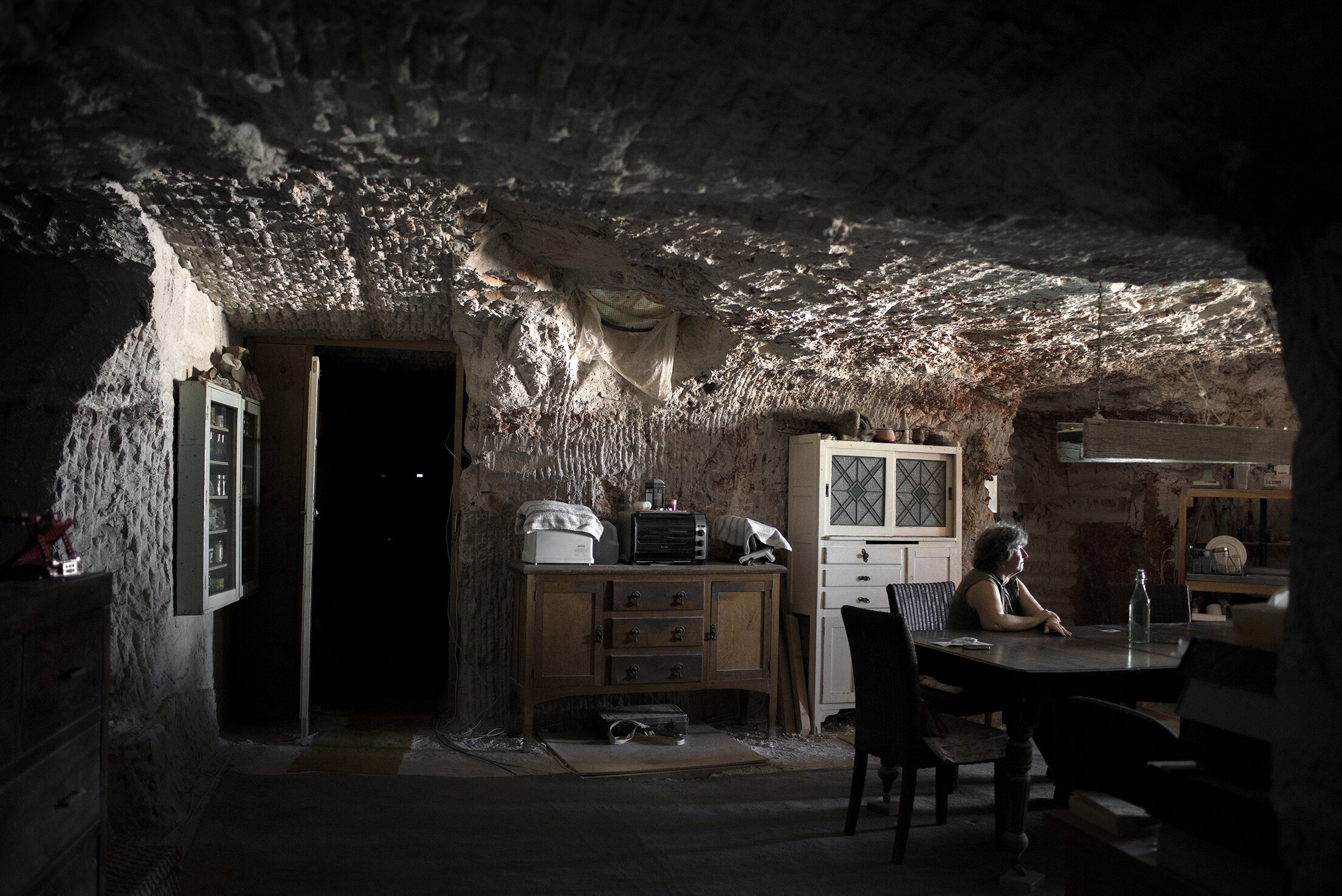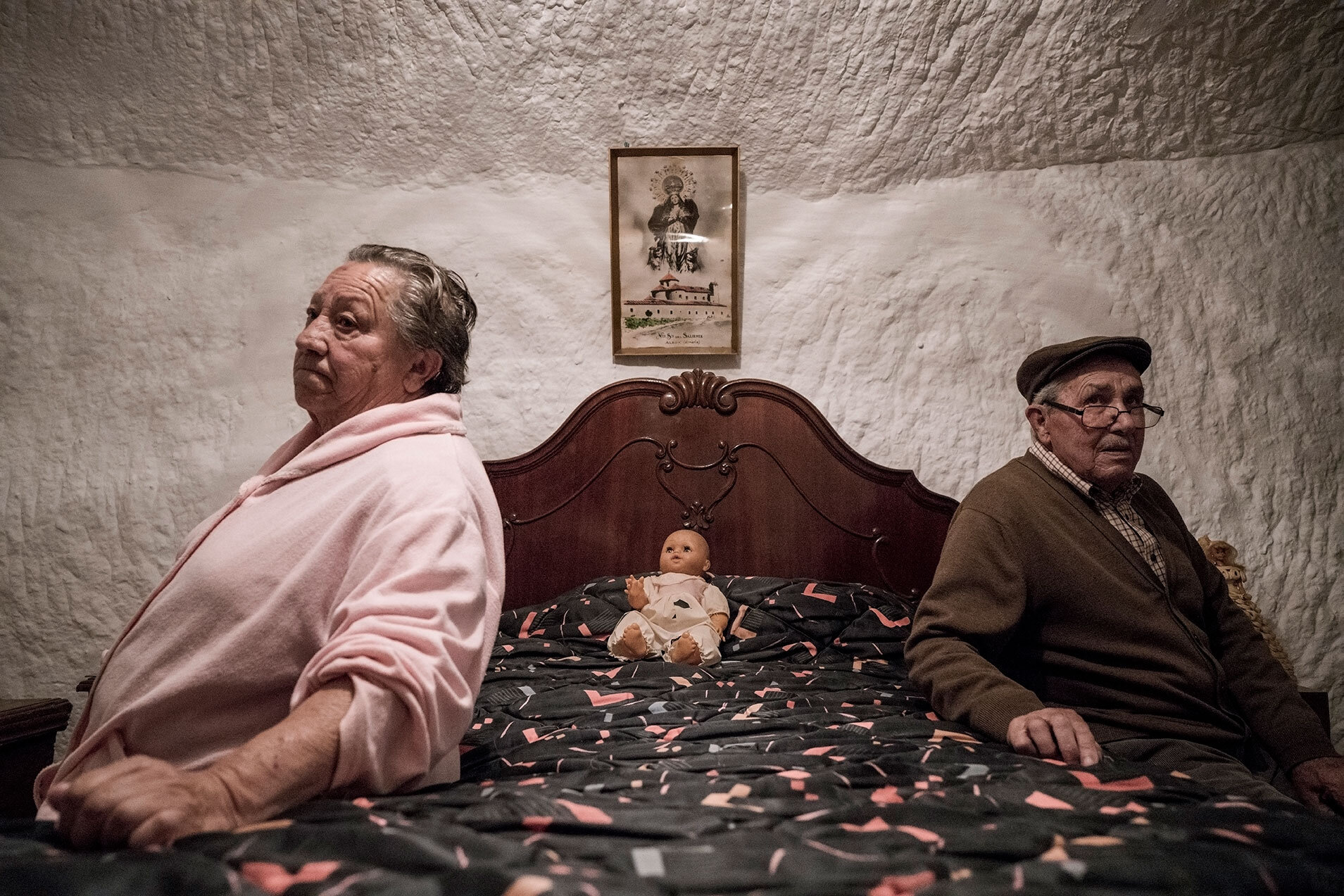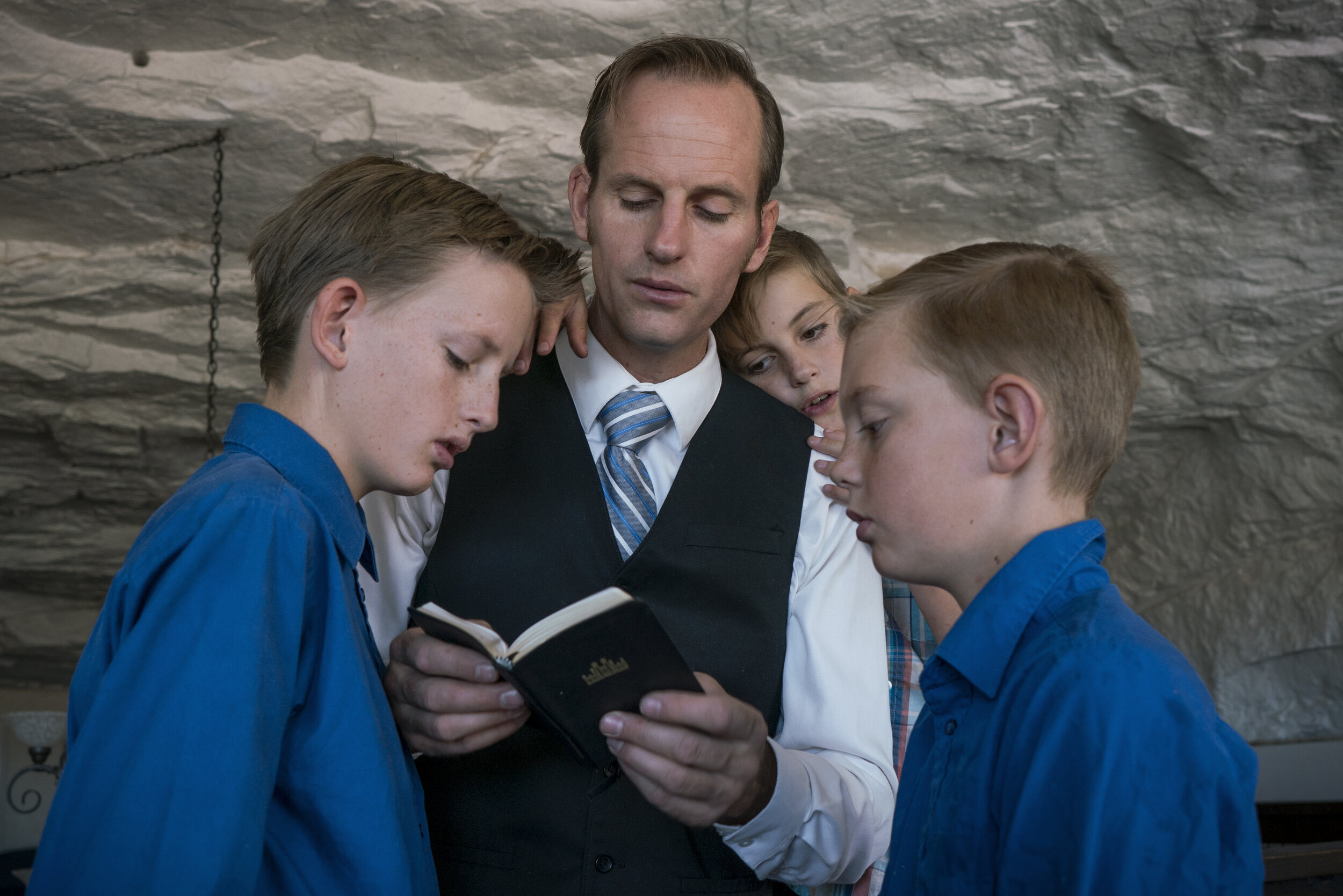A PERSISTING WITNESS
PHOTOVILLE, NYC, 2019
Part of a photojournalist’s work is to visually report the struggles and successes of a complicated world. They see the range of human experience from joy and jubilation to conflict and devastation, and to bear witness to such powerful intimacy and emotion is an incredible responsibility.
In their reporting, photojournalists confront stories, communities and issues that have the ability to make them question the world around them. A Persisting Witness reflects on the times these photojournalists faced challenges or risks on assignment that led to a profound change in how they understand the issues they cover.
The Chris Hondros Fund (CHF) has awarded these photojournalists for their work documenting stories that bring shared human experiences into the public eye with a compassionate lens. As attacks on the press intensify at an alarming rate, CHF believes more than ever in supporting photojournalists who remain diligent and continue to report on issues critical to our world, inform the public, and defend press freedom. A Persisting Witness hopes to show the vital role photojournalists play, often at great personal risk, in securing our access to stories that might go otherwise unnoticed or unreported.
CHRIS HONDROS
“Liberia in the summer of 2003, during the desperate last month of the civil war, embodied every cliché one hears about battle and armed conflict: terrifying, frenetic, devastating, and horrifying. But that time there were also other things alive — energizing, even life-affirming -a mixture of conflicting emotions that is the reality of war, rather than the usual simple platitudes. Death and life, commingling — a place and time where survival was arbitrary and justice meted out by force of arms, if at all.” – Chris Hondros
Trapped with Liberian dictator Charles Taylor’s forces in besieged Monrovia in the summer of 2003, Chris braved artillery and rocket fire to send frontline pictures of women and children being killed by the hundreds. His photos ran on front pages around the world and provoked outrage at a brutal war whose victims were almost entirely non-combatants. His work, along with Tim Hetherington, helped alert the world to Liberia’s humanitarian disaster and helped to build the international momentum that brought the war to a close.

